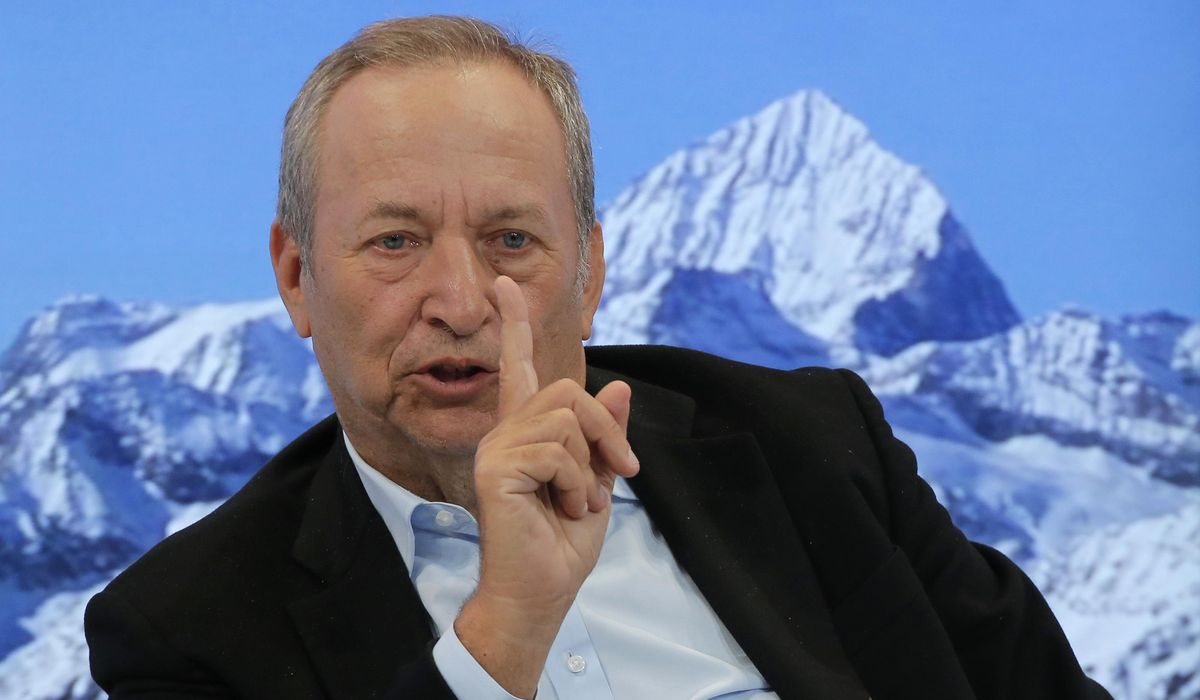
The Biden administration’s widespread antitrust crusade is adding to the nation’s inflation crisis — not alleviating it as the White House claims, warned Larry Summers, a former Treasury secretary under President Clinton.
Mr. Summers accused President Biden of “science denial” when it comes to the president’s plans to combat inflation.
“The emerging claim that antitrust can combat inflation reflects ‘science denial,’” Mr. Summers, a Harvard economist who also served as the top economic adviser in the Obama administration, wrote in a series of tweets on Monday. “There are many areas like transitory inflation where serious economists differ. Antitrust as an anti-inflation strategy is not one of them.”
The White House did not immediately respond to a request for comment.
Struggling to address soaring inflation, Mr. Biden has argued that a lack of competition in some sectors has artificially raised prices. The administration is currently investigating the meat, oil, retail industries for potential anti-competitive practices.
Mr. Summers said the root cause of inflation was the labor shortage. Instead of cracking down on consumer industries, he argued that the administration should reduce its emphasis on buying American-made products. He said looking for cheaper, foreign-made goods, lowering tariffs and reducing red tape on businesses will lower prices.
He took issue with the administration’s targeting the meat industry, saying it will harm consumers and the industry itself.
“Breaking up meatpacking would in the short run lead to reduced supply which would further increase prices,” he wrote. “In general, when government goes to war with industries, it discourages investment and subsequent activity.”
Mr. Summers added that the administration has “little chance” of winning its case against the meat industry.
“If, for example, Walmart had been stopped from expanding, or Amazon had been kept from entering new markets, prices would be higher, not lower today,” Mr. Summers continued.
Mr. Summers also pointed out there has been little change in corporate consolidation as inflation soared to its highest level since the 1980s. In November, inflation as measured by the consumer price index, jumped to 6.8% from the previous year.
In contrast, between 2010 and 2019, prices rose an average of less than 2% per year, according to data from the Federal Reserve Bank.






